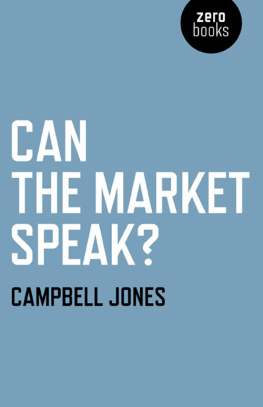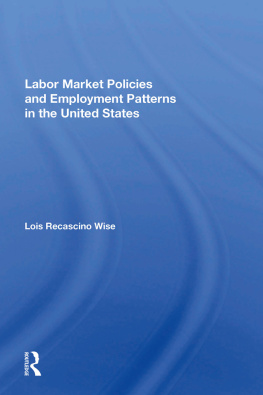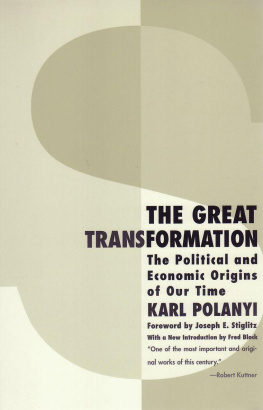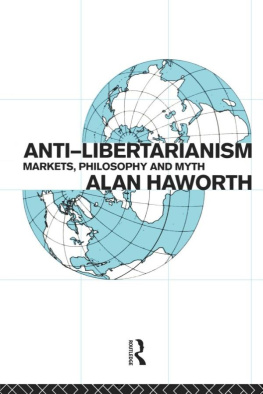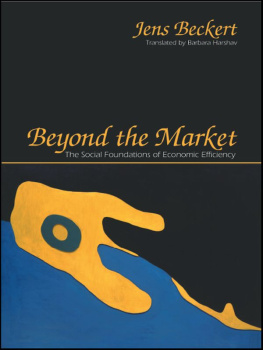I would like thank my colleagues at the Centre for Philosophy and Political Economy at the University of Leicester for providing such a vibrant and generous intellectual environment for so many years. Thanks also to students on my Fantasies of Finance course at the University of Auckland for feedback on the first complete presentation of this book and for so much valuable engagement and encouragement. More generally, thanks to my new colleagues and students who are the University of Auckland. You have renewed my hope in the future of the university.
Various aspects of this book have been presented at conferences and other public occasions over the past four years and I am grateful for all of the feedback received. Particular thanks to Mikkel Thorup and his colleagues in the Department of the History of Ideas at Aarhus University for the kind invitation to present my work in Denmark in early 2012.
Jai Bentley-Payne, Christian Olaf Christiansen, Shanti Daellenbach, Anna-Maria Murtola and Andr Spicer read a complete draft of this book and offered many valuable suggestions. I remain responsible for the many failings that remain.
For her constant support, for insisting that I finish this book, and for so many other gifts, I thank Anna-Maria.
1
The spirit is a bone
If the market is an ever present reality in daily life today, it is a mysterious and enigmatic presence. Being at once omnipresent yet ineffable, it is not surprising that attempts to symbolise the market have been so fantastic. This book investigates the idea that the market might be able to speak, and along with this that the market is a kind of person, above all the kind of person that should be listened to and obeyed.
When a body is attributed speech, it is given much more than voice. The power of speech tends to bring with it an idea of personhood, in such a way that a body that speaks is taken to have a soul or spirit from which that speech issues. The attribution of speech typically involves the attribution of personhood and an interiority which issues forth a motivating force or will. Thus when it is said that something like the market can speak, it is also generally attributed particular subjective states. With the attribution of speech comes the idea that the market can want, will, desire, and respond to the actions of us mere mortals. Giving speech to the market comes hand in hand with giving the market a sense of personhood. What follows is therefore an investigation of the attribution to the market of the capacity of speech and at the same time the treatment of the market as a kind of person.
The figure by which speech is attributed to imaginary or absent persons or to bodies or abstractions not normally considered to be able to speak is known as prosopopoeia. This takes place when human or non-human animals are attributed the power of speech, and also when material objects or abstract entities are treated as if they can speak. Prosopopoeia of the market happens when, for example, it is said that the market has spoken, has given its verdict, or when it is said that one needs to listen to the market. Alongside this prosopopoeia comes a personification. Personification of the market happens when, for example, it is said that the market wants, demands or needs this or that, and also when market analysts interpret the market as bearer of intentions behind its surface manifestations, signs that originate from the deep interior will of the market.
In 1936 John Maynard Keynes spoke of the way that participants in markets are driven by a spontaneous optimism that goes well beyond mathematical expectations of reward. Drawing on ancient ideas, he called this set of motivations the animal spirits. In recent years there has been considerable interest in such ideas, in order to understand market volatility and also to provide a more realistic picture of market actors. Thus there have been various efforts to put people back in to accounts of how markets work. In the areas of behavioural economics and behavioural finance there have been various efforts in recent years to understand market behaviour based on a more realistic conception of the human subject, in which participants in markets are taken as persons with all of their properly human frailties and limitations.
The goal of this book is not to put people back into markets, but almost exactly the opposite. Today the market has taken on a life of its own, and has become too much like a person. Hence the focus is not on putting people into markets, but rather on understanding the idea of the market as a kind of person. Today the market itself has become an agent in its own right and has been invested with animal spirits.
The prosopopoeia of the market raises profound philosophical questions regarding who and what can speak. According to a way of thinking that goes back at least as far as Aristotle, it is thought that humans alone possess the power of speech. It is because of the presence of this idea that Spinoza, for example, will say that those who do not know the true causes of things To imagine speech where there is none, to think that things other than humans could speak, is to take a whimsical flight of fancy, if not to display signs of delusion or outright madness. In the prosopopoeia of the market rests if not a madness then a peculiar cultural poetics that becomes visible in the way that entities such as the market are widely symbolised.
The personification of the market also raises complex questions regarding what it means for specific bodies to be counted as persons. The question of what it means to be a person is one of the founding questions of philosophy, and questions of the creation or the invention of persons have been central in philosophy and social theory over the past century. Recent considerations around the question of the subject have raised powerful challenges to common ways of thinking about what it means to imagine things such as persons, and provides important grounds for the investigation to follow. I will seek to show that questions of personhood and the subject find fertile grounds not only in the consideration of bodies that most obviously appear to be persons you, me, specific others. Questions of personhood and the subject can equally illuminate the dynamics of the attribution of personhood to entities such as the market.
Some will argue that the idea of the market as a kind of person with the capacity of speech is an insignificant turn of phrase. Others will excuse it as an innocent figure of speech through which the complexities of the economy can be made comprehensible to a broad audience. For others, this kind of speech will provide firm evidence that our masters are delusional, speaking in twisted and irrational ways. Against each of these positions, I will seek to establish firstly that the prosopopoeia and personification of the market are neither irrelevant nor innocent. Equally, I will argue this figure of speech is not purely false, and when taken seriously can expose some important truths about the ideological symbolisation of the market and beyond this of the place and the function of the market today.

